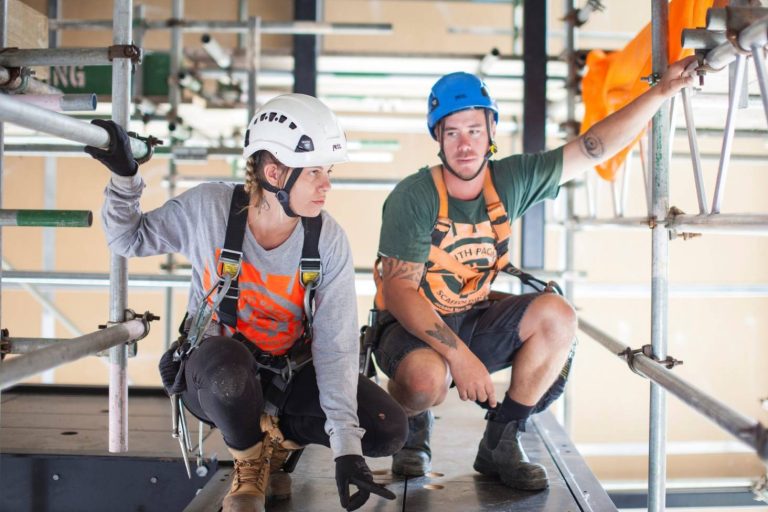The Business Plan which was published on 18th May responds to the estimated demand for an additional 50,000 workers every year and is primarily focused on securing construction’s talent pipeline. CITB will run and support several initiatives to inspire people outside of the industry to choose construction as their career and to upskill and retain existing talent. Skills Demands The plan details how CITB will invest in supporting apprenticeships and building bridges between further education and work to get more learners into construction. It intends to create more accessible routes into construction, focusing on apprenticeships, alongside on-site experiences, and future rollout of occupational traineeships. A total of £60.3m in direct grants will be made available to employers who take on apprentices, supporting the industry to address its current and future need for a skilled workforce. Capacity and Capability of Construction Training Provision £25.9m will be invested in direct training delivery to enable the continuation of core skills training and training provision in niche and at-risk skills through CITB’s National Construction Colleges. The plan will support over 300,000 Health Safety & Environment tests over the coming year, ensuring there is good availability of tests in as many locations as possible, bringing assurance to employers that their workforce can keep themselves and those around them safe. Future Skills Needs The plan describes how CITB will help to address longer-term challenges such as net zero, digitisation and modern methods of construction. £2.1m will be invested into research to better understand construction’s changing environment to help focus CITB’s work on interventions that will have the greatest impact and shape new training and standards development. In a statement, Tim Balcon, CITB Chief Executive, said; “While progress has been made, the construction industry has faced significant challenges in recent years, including inflation, rising fuel prices, the pandemic and Brexit, to name a few. In many ways the industry is still experiencing and feeling the impact of these events, which we know has shifted priorities greatly and pushed the demand for skills to the forefront. It’s essential now more than ever that efforts are focused on helping to alleviate those pressures and address the key needs of industry.” Robert Candy, Scaffolding Association Chief Executive, said; “It is welcome news that CITB are investing levy payers’ money into the areas that need it most. Skills shortages and training provision that is fit for purpose and accessible are shared priorities of the Scaffolding Association. Tim is speaking at our conference in September and we look forward to working with him and his team in addressing the skills shortage”. Building Design and Construction Magazine | The Home of Construction & Property News









